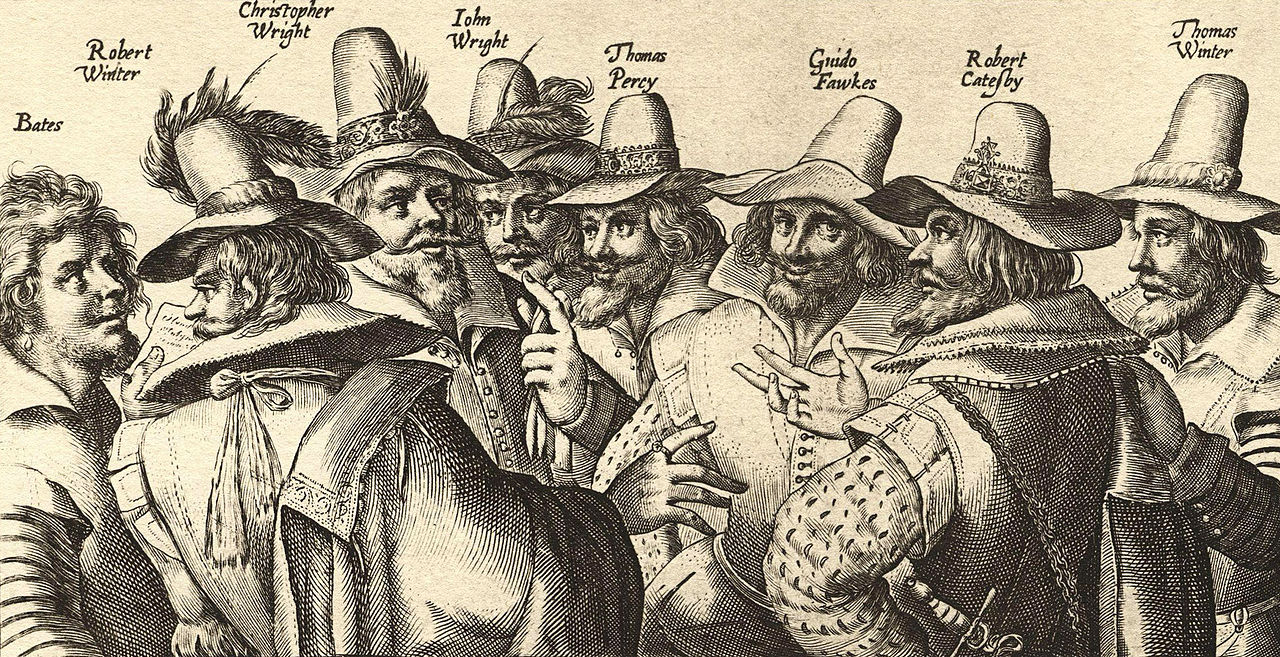In 1605 a plot to blow up the Houses of Parliament and kill James I was foiled and its conspirators captured and executed. This is an extract from issue 5 of All About History where we spoke to historian Sinead Fitzgibbon about the potential consequences if the plot had not failed.
What if the Gunpowder Plot had been successful?
Had the plot been successful the country’s first major colonisation of the New World – the establishment of Jamestown in Virginia in 1607 – may never have happened. Perhaps the French or Spanish would have gotten there first. And had England failed to settle America, would we have then been in a position to colonise the West Indies? Without the profits generated from this colony, Britain might not have had the financial means to expand its horizons in the 19th century.
Had the British not settled America in the 17th century, would English be the global language it is today? Probably not. Perhaps we would now live in a world where French is the language of Hollywood and we in Britain would be the ones straining to read the subtitles on the big screen.
How close were Catesby and his co-conspirators to succeeding?
Given the fact that Guy Fawkes, along with his hoard of gunpowder, was discovered by the King’s men just a few hours before the fuse was due to be lit, some might say that the plot came very close to succeeding. Further investigation, however, reveals a very different story. Before its dramatic conclusion in the early hours of 5 November 1605, the Gunpowder Plot had been in the planning stages for over 18 months. During this unusually long gestation period, the original five conspirators found it increasingly difficult to deflect suspicion and keep their scheme under wraps. As time went on, necessity forced them to reveal their plans to various friends and family members. On 26 October 1605, an anonymous letter was sent to one Lord Monteagle warning him not to attend the upcoming opening of Parliament as ‘they shall receive a terrible blow this Parliament and yet they shall not see who hurts them.’ Monteagle raised the alarm and the King was informed. The Gunpowder Plot was, thanks to this letter, discovered a full nine days previously.
What would blowing up the Houses of Parliament have done to the political landscape of the day?
Had the powder combusted properly and wiped out prominent members of the royal family and the country’s political elite as planned, I doubt the country’s political landscape would have greatly changed in the long term. Indeed, the fact that Catesby believed otherwise was naïve in the extreme. Common sense dictates that the powerful Protestant ruling families would surely have hunted down the perpetrators, while Protestant vigilantes, galvanised by the act of terror inflicted on their fellow men in Westminster, would have sought revenge against ordinary Catholic civilians. If anything, a successful Gunpowder Plot would have made life worse for English Catholics, not better.
How do you think British Catholics would have reacted to the untimely death of the Protestant James I?
The majority of 17th century Catholics would have viewed Catesby’s actions in the same way Northern Irish Catholics reacted to the murderous campaigns of the IRA during the Troubles – that is, with abhorrence. Also, it’s worth pointing out that James was not uniformly despised by the Catholic community; many still held out hope that he would be persuaded to lessen the restrictions placed on the Roman religion by his predecessors. After all, his mother was the Catholic martyr, Mary Queen of Scots. Protestants would have been outraged by the regicide, and I believe many would have taken the law into their own hands in an attempt to exact revenge. It’s not difficult to envisage an eruption of anti Catholic riots throughout the country.
To read the full article purchase issue 5 of All About History at all good newsagents and supermarkets, online through the Imagine Shop and Great Digital Mags.
